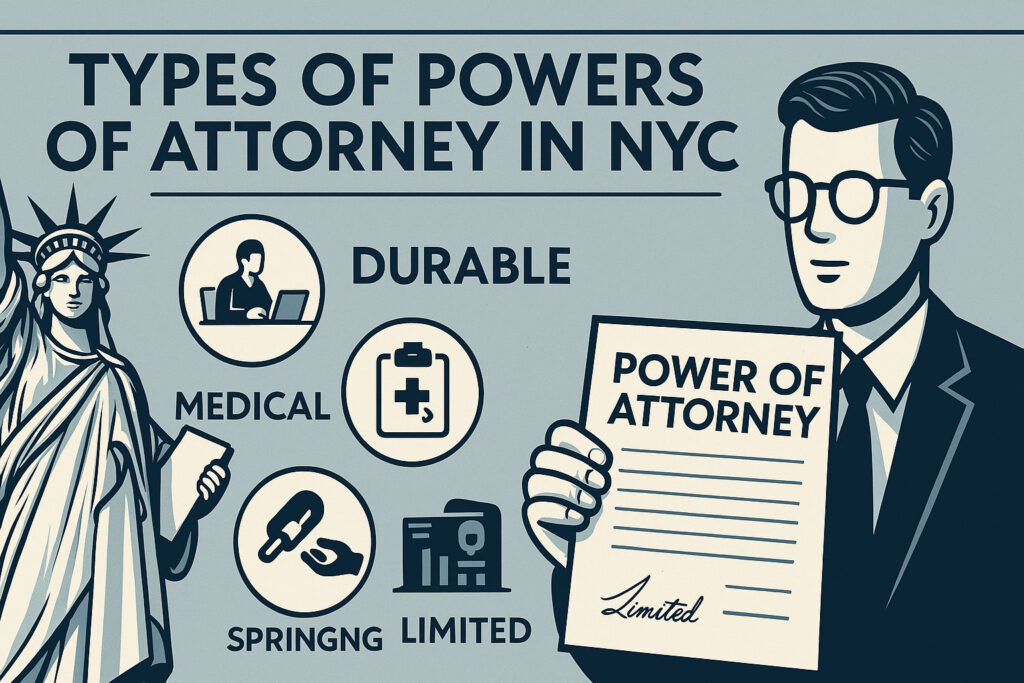In the intricate world of estate planning and probate, the role of an executor is crucial in ensuring a deceased individual’s wishes are carried out accordingly. However, navigating the responsibilities of an executor can be a daunting task, filled with legal complexities and emotional challenges. This article explores the question: can an executor of a will fulfill their duties faithfully and effectively? Let’s delve into the intricacies of this important role and uncover the responsibilities and considerations that come with it.
Understanding the Role of an Executor of a Will
An executor of a will is a crucial role in the administration of someone’s final wishes. This individual is responsible for carrying out the deceased person’s instructions as outlined in their will. The executor’s duties typically include:
- Gathering Assets: The executor must locate and collect all of the deceased person’s assets, such as bank accounts, investments, real estate, and personal belongings.
- Paying Debts: Any outstanding debts and taxes owed by the deceased person must be paid off using their assets before distributing anything to beneficiaries.
- Distributing Assets: After debts are settled, the executor is responsible for distributing the remaining assets as outlined in the will to the designated beneficiaries.
Being an executor of a will can be a challenging and time-consuming task. It requires attention to detail, organization, and the ability to communicate effectively with beneficiaries and potential creditors. Executors are legally bound to act in the best interests of the estate and its beneficiaries, making their role an important one in the estate planning process.
Challenges Executors May Face
Although being appointed as an executor of a will is an honor, it comes with its fair share of challenges that individuals may face during the probate process. Executors often find themselves navigating complex legal and financial matters, while also dealing with the emotional aspects of carrying out someone else’s final wishes. Some of the challenges that executors may encounter include:
-
Legal Requirements: Executors are responsible for ensuring that the deceased’s assets are distributed according to the terms of the will and in compliance with state laws. This involves understanding legal jargon, filing court documents, and potentially attending hearings.
-
Managing Assets: Executors must take an inventory of the deceased’s assets, including real estate, investments, and personal belongings. They are also responsible for safeguarding these assets until they can be distributed to the beneficiaries.
-
Dealing with Beneficiaries: Communication with beneficiaries can be challenging, as they may have differing expectations or disputes over the inheritance. Executors must remain neutral and transparent throughout the process.
-
Tax Obligations: Executors are responsible for filing the deceased’s final tax return and ensuring that any outstanding taxes are paid. They may also need to file estate taxes on behalf of the estate.
Navigating these challenges requires patience, attention to detail, and a willingness to seek professional advice when needed. Executors should not hesitate to consult with an attorney or financial advisor to ensure that they fulfill their duties effectively and efficiently.
Important Responsibilities of an Executor
Being named as the executor of a will comes with a great deal of responsibility. It is important for the executor to understand their role and duties in order to ensure that the deceased’s wishes are carried out properly. Some of the key responsibilities of an executor include:
- Administering the Estate: The executor is responsible for managing the deceased’s estate, which includes collecting assets, paying debts and distributing inheritances to beneficiaries.
- Managing Finances: The executor must keep accurate records of all financial transactions related to the estate, including paying bills and taxes.
- Communicating with Beneficiaries: It is important for the executor to keep beneficiaries informed about the progress of the estate and to address any questions or concerns they may have.
Additionally, the executor may need to appear in court, hire professionals such as attorneys or accountants, and make important decisions on behalf of the estate. It is crucial for the executor to act in the best interests of the deceased and their beneficiaries at all times.
Tips for Choosing the Right Executor for Your Will
When selecting an executor for your will, it’s important to consider a few key factors that can ensure your final wishes are carried out smoothly and efficiently. Here are some tips to help you make the right choice:
- Trustworthiness: Choose someone you trust implicitly to act in your best interests and follow your instructions carefully.
- Organizational Skills: Look for someone who is organized and detail-oriented, as the role of an executor involves managing a lot of paperwork and financial matters.
- Availability: Select someone who has the time and availability to fulfill the responsibilities of being an executor, which can sometimes be time-consuming.
- Communication Skills: It’s important to choose someone who can communicate effectively with beneficiaries and other parties involved in the will.
By taking these factors into consideration, you can ensure that your executor is well-equipped to handle the responsibilities of executing your will and distributing your assets according to your wishes.
In Retrospect
being named as an executor of a will is a significant responsibility that comes with its own set of challenges and complexities. From handling legal matters to distributing assets, the role of an executor requires careful consideration and attention to detail. With proper planning and communication, an executor can effectively carry out the wishes of the deceased and ensure a smooth transition of assets to beneficiaries. Remember, seeking professional guidance and support can make the process less daunting and more manageable. Ultimately, fulfilling the duties of an executor is a privilege that allows you to honor the legacy of your loved one and provide closure for their family and friends.


